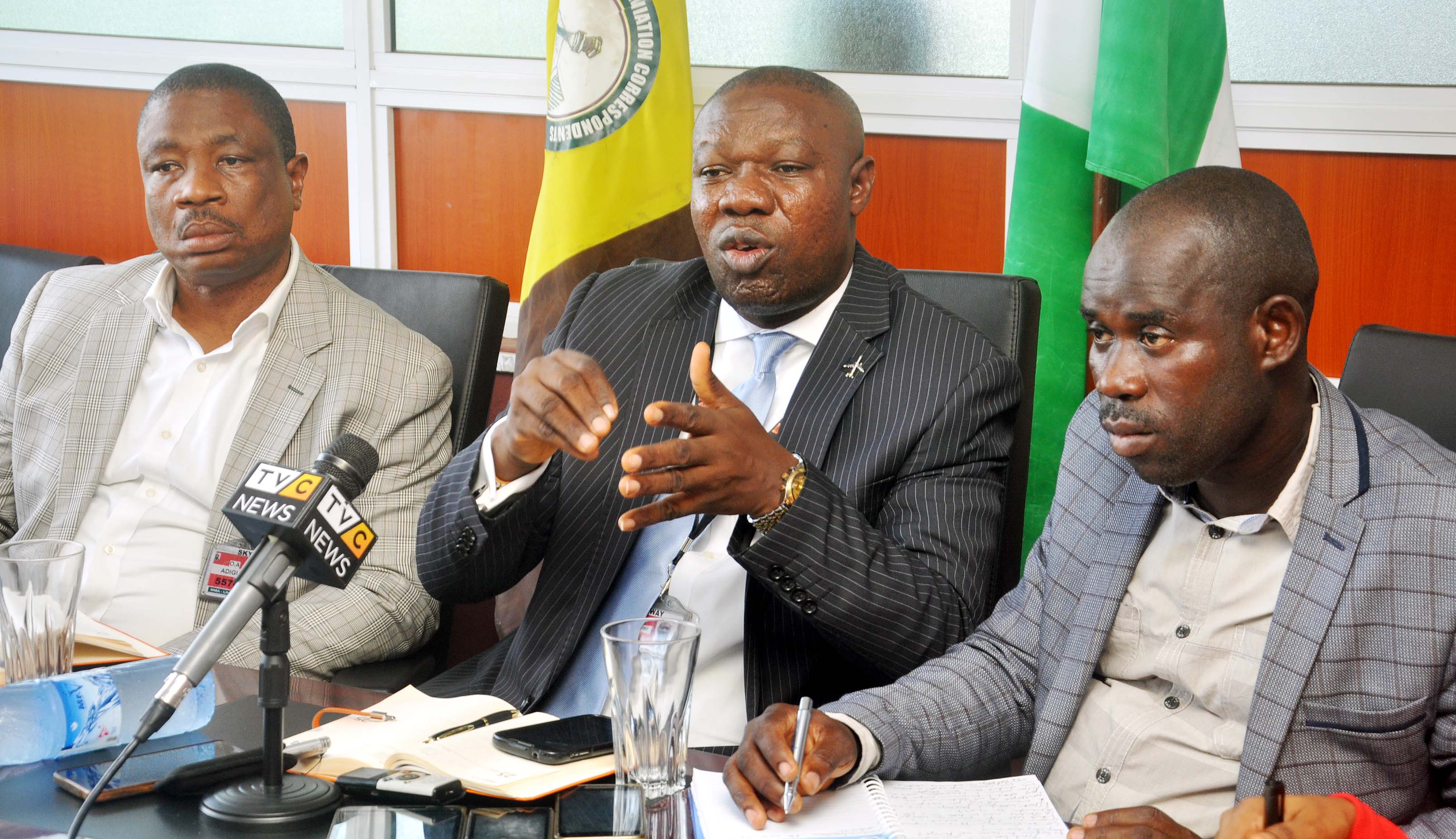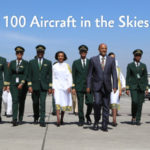
Acting Managing Director and Chief Executive of Skyway Aviation Handling Company (SAHCOL), Mr. Basil Agboarumi has described Nigeria a tough environment to do business.
Some of the things he identified as what makes Nigeria a difficult country to do business include policy summersault by government, high and sometimes multiple taxation, lack of constant electricity and other basic infrastructure and high cost of importation in terms of Customs duty and others.
Agboarumi who spoke at the League of Airports and Aviation Correspondents (LAAC) Gateway Forum on Thursday, Agboarumi said handling companies in the country face a lot of challenges because of the heavy equipment they use, noting that it is costly to bring them into the country.
“Nigeria is a tough country to do business in and that doesn’t isolate us as a ground handling company. It takes courage to do business in this country. There are lots of things that work against the ground handling companies. For instance, the equipment that we use is heavy, bulky and cost a lot of money. To get any equipment into the country, you will require several millions of dollars and more so, they are not things you just go to the shelf to pick as you buy your cars. They are all produced abroad and we have to pay a lot of duties to bring them into our ramps for ground handling services.
He therefore urged the federal government to provide incentives to the handling companies in terms of tax waivers so that they would spend less on importation of equipment and plough their funds to other areas in order to create stronger and profitable organizations.
“As you are aware, the government recently approved waivers to the operating airlines to help them sustain their operations, but the fact is that the airlines don’t exist on their own. There are some other supporters of aviation that need to be looked at like the ground handling companies because safety starts from the ground. If there is no safety on the ground, there could be a problem in the air.
So, critically, government needs to support our operations through incentives that they approved for the airlines in the country. We need incentives for ground handling equipment. The ground handling business is an endangered species; everyone wants to collect from the ground handling company. For instance, one of the certifications we used to do with the International Safety Audit of Ground Operations (ISAGO) and not paid for, but now, we pay a lot of money to get that done,” Agboarumi said.
He disclosed that although export is beginning to grow but handling companies must earn certificates before they could export goods to Europe, noting that their situation is exacerbated by still competition and rivalry among the handling companies, which forced them to review downwards the cost of their services.
“Also, before you can shift things through our corridor to Europe, there are some certifications you need to do, which cost us lots of money. We spend quite a lot to remain in business and we believe that the government needs to come out with policies that will reduce the money that we spend and make us fall in line with international best practices.
“Despite all these, there is price war in the system among the operators and we think the Ministry of Transport, Aviation unit, or the Nigerian Civil Aviation Authority (NCAA) can come in. As a ground handling company, we are losing a lot of money. If you look at the categories of airlines as they operate in other parts of the world, they spend a specific amount on ground handling services, but in Nigeria, possibly because of pressure from us and our competitors, these charges have totally gone down,” Agboarumi added.
He remarked that airlines come into Nigeria and pay peanuts for ground handling services, which they can’t even get in other African countries.






